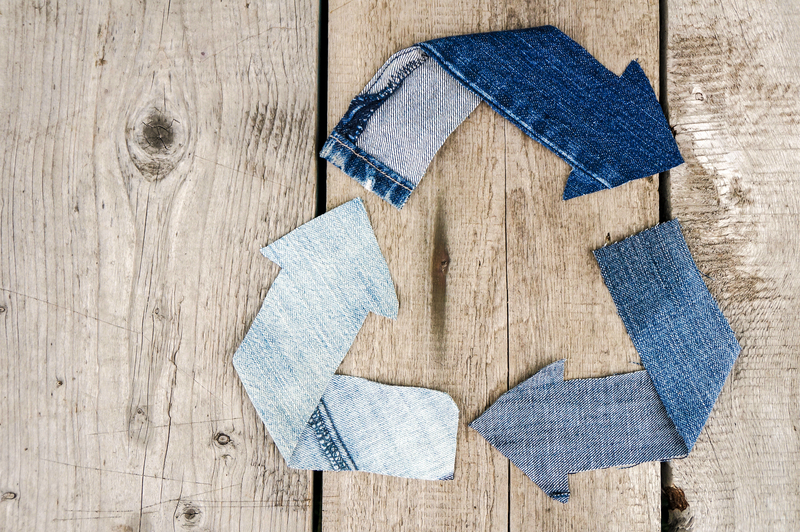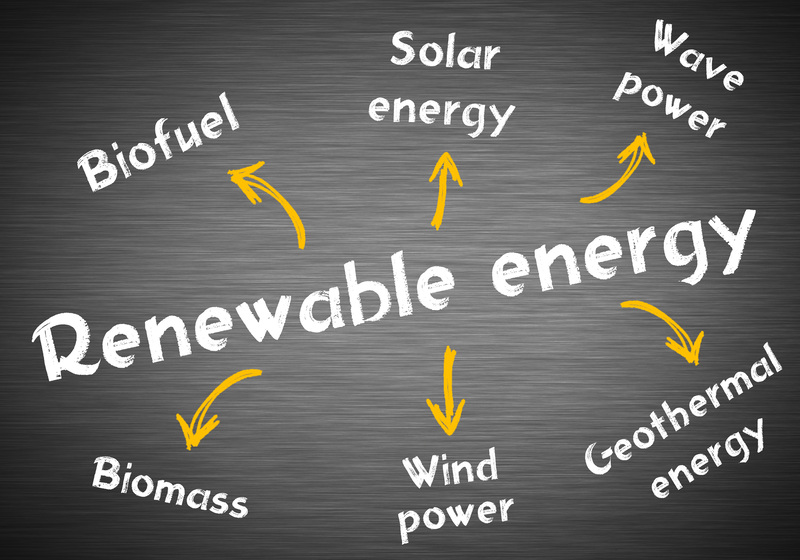Making Recycling Fun and Educational for Students
Posted on 26/08/2025
Making Recycling Fun and Educational for Students
Empowering the next generation to care for our planet starts early. Making recycling fun and educational for students is a crucial step in developing environmental stewardship. With a blend of creativity, hands-on projects, and engaging lessons, students can learn how to recycle and why it matters in their everyday lives.
Why Teaching Students About Recycling is Important
Recycling education has become essential in cultivating an environmentally conscious society. When students engage in recycling activities, they not only develop practical knowledge but also positive attitudes towards waste management. Learning about recycling in school can help form lifelong sustainable habits and foster critical thinking around resource use.
- Reduces landfill waste and environmental pollution
- Teaches sustainability and responsible citizenship
- Enhances teamwork and problem-solving skills
- Connects classroom learning to real-world impact
Environmental Benefits for Future Generations
Encouraging fun recycling projects for kids builds a strong foundation for environmental responsibility. Through creative methods, students understand concepts like the circular economy and climate change, empowering them to take action beyond the classroom.

Creative Ways to Make Recycling Fun for Students
Keeping students engaged is the key to successful recycling education. Here are a variety of interactive and educational recycling activities that can turn routine lessons into memorable experiences.
1. Recycling Relay Races
Students love competition! Organize a recycling relay race where teams must sort items into the correct bins. This activity:
- Builds teamwork and communication skills
- Reinforces which materials are recyclable
- Keeps energy high and learning active
2. Classroom Recycling Challenges
Turn recycling into a friendly contest. Challenge different grades or classrooms to collect the most recyclables over a set period. Offer incentives such as class parties or privileges for the winners. This not only gamifies recycling but also boosts school-wide participation.
3. Educational Recycling Games
Use online recycling games or develop board games that encourage students to answer questions about waste sorting, recycling symbols, or environmental facts. This approach makes learning both digital and tangible.
4. Art from Recycled Materials
Promote creativity by giving students a chance to create art projects from recyclables. This could include sculptures, collages, or even functional items like pencil holders made from cans. Combining recycling and creativity makes learning hands-on and personal.
5. "Upcycle" Science Experiments
Run simple science experiments using recycled objects--for example, building a bird feeder from a plastic bottle or making paper out of newspaper. This teaches resourcefulness and the science behind recycling processes.
Incorporating Recycling into the Curriculum
Making recycling educational for students integrates perfectly with various subjects. Check out these ideas for classroom lessons connected to recycling themes.
- Science: Explore the decomposition of materials, energy savings of recycling, or the water cycle's connection to pollution
- Math: Track recycling data and graph waste reduction over time
- Art: Create projects from repurposed materials
- Social Studies: Study the history and global impact of waste management
- Literature: Read stories about heroes who care for the planet
Project-Based Learning (PBL) and Recycling
Engage students deeply with a Project-Based Learning approach. Let them plan, implement, and present a recycling initiative in the school or community, such as starting a compost program or creating educational posters for peers. This method:
- Encourages critical thinking and leadership
- Connects academic standards to real world issues
- Inspires action beyond the classroom
Indoor and Outdoor Recycling Activities for Students
To diversify learning, consider both indoor and outdoor recycling activities.
Indoor Activities
- Waste Audit: Analyze the school's trash to identify areas for recycling improvement--an eye-opening experience!
- Recycling Stations: Set up labeled bins in classrooms and teach students how to use them correctly.
- Classroom Presentations: Assign research projects on recycling topics for students to present.
- Recycling Journals: Have students track their recycling habits at home for a week and reflect on challenges and successes.
Outdoor Activities
- Litter Clean-up Days: Organize school or neighborhood cleanups, sorting collected waste for recycling afterward.
- Recycling Scavenger Hunt: Give students checklists to find recyclable materials outside (e.g., aluminum cans, cardboard).
- Community Recycling Tours: Visit local recycling centers or waste management facilities to see where recyclables go after collection.
- Composting Projects: Set up a school compost bin for organic waste and teach students about nutrient cycles.
Teaching Tools and Resources for Recycling Education
Numerous educational resources make teaching recycling fun and effective. Here are some tools to enhance your lesson plans:
- Interactive Websites and Apps: Use digital platforms with recycling games, virtual recycling plants, and lesson modules
- Printable Worksheets: Sorting activities, crossword puzzles, and coloring pages focused on recycling and environmental awareness
- Videos and Documentaries: Short films illustrate the journey of recyclables or highlight recycling heroes
- Books and Storytelling: Picture books and chapter books with recycling themes can spark conversations and imagination
Integrating Technology into Recycling Lessons
Modern classrooms can benefit from technology-supported learning. Encourage students to research recycling topics online, participate in virtual field trips, or even use coding to create their own recycling-themed quizzes and animations.
Tips for Teachers and Schools
For educators, making recycling enjoyable and informative requires ongoing creativity and community involvement. Here are some strategies to elevate recycling education:
- Set a Green Example: Lead by example by following recycling protocols and demonstrating best practices at school.
- Involve the School Community: Engage parents, local businesses, and community organizations for guest talks and support.
- Student Leadership: Create a student "Green Team" to monitor recycling bins, host events, and educate peers.
- Acknowledge Achievements: Celebrate milestones--such as pounds of waste recycled or landfills avoided--with visual trackers or awards.
- Link Recycling to Larger Causes: Connect recycling projects to global initiatives like Earth Day, World Environment Day, or local clean-up events.
Recycling Fun Across All Age Groups
No matter the student's age, learning about recycling can be tailored to suit their developmental stage and interests. Here's how:
Elementary Students
Focus on sorting games, storybooks, coloring activities, and simple art projects. Use bright visuals and clear rules to illustrate what belongs in each bin.
Middle School Students
Incorporate debates about the impact of consumer waste, organize group projects, and teach more complex environmental science concepts. Middle schoolers love hands-on activities and leadership opportunities.
High School Students
High schoolers can investigate local recycling systems, conduct scientific research on pollution, or launch public awareness campaigns. Empower them to take charge of school-wide initiatives and develop their own projects beyond school grounds.

Encouraging Lifelong Recycling Habits
Making recycling fun and educational for students isn't just about classroom lessons or one-time activities. It's about instilling values and habits that last a lifetime. Here's how teachers and parents can support ongoing environmental awareness:
- Model Sustainable Behavior: Consistently recycle and talk about its importance at home and at school
- Stay Updated: Discuss new recycling technologies or community programs
- Reward and Reinforce: Praise and celebrate students who show dedication to recycling
- Continue the Conversation: Make environmentalism a regular discussion topic in class and at home
Conclusion: Building a Brighter, Greener Tomorrow
Making recycling fun and educational for students is an investment in a cleaner, healthier future. By fostering creativity, curiosity, and responsibility, educators help students see how their actions can shape the world around them. From relay races to recycling projects and beyond, there's no limit to what young minds can achieve when they are given the tools and inspiration to reduce, reuse, and recycle.
Engage students in recycling education today--and watch as tomorrow's environmental leaders emerge.
Latest Posts
What Kind of Waste is Labeled as Hazardous: Key Factors You Should Know
Why Waste Clearance Services Matter
Optimize Your Skip Hire with Expert Advice

 020 3875 4102
020 3875 4102 020 3875 4102
020 3875 4102




 House clearance
House clearance Rubbish collection
Rubbish collection





